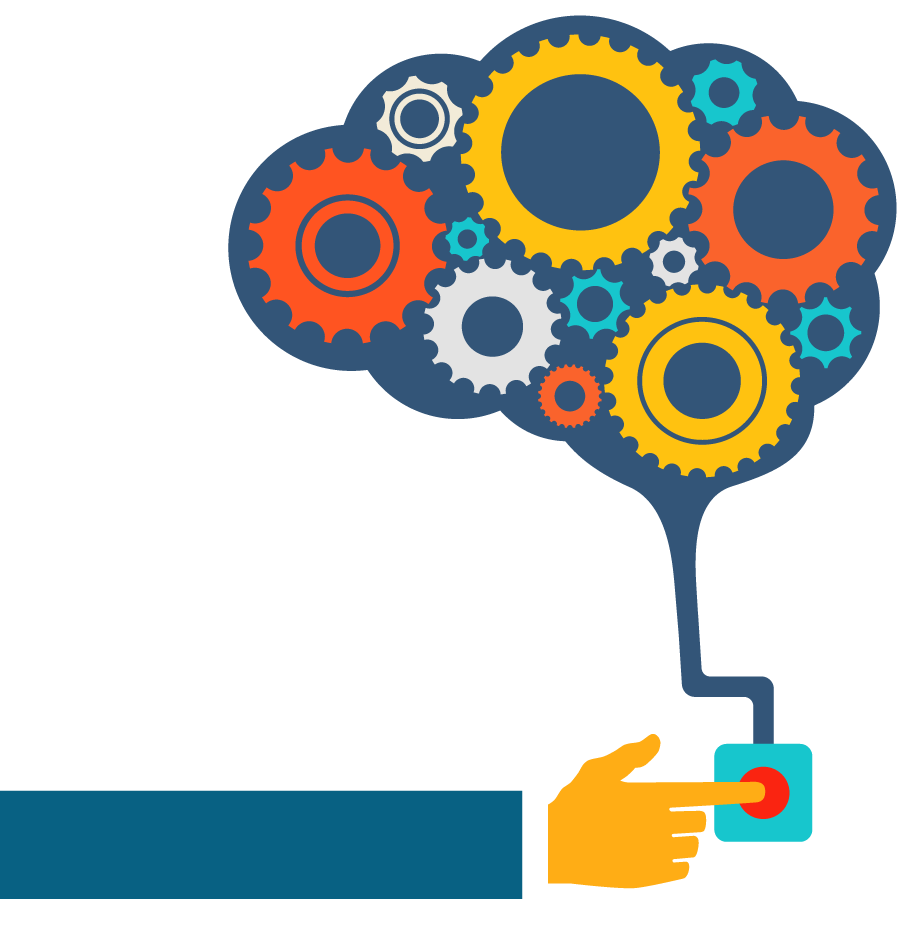A teen’s brain is continuously developing. In fact, the brain’s final, adult wiring may not be complete until well into the twenties.
Recent research shows heavy alcohol use may affect brain functioning in adolescence, even in youths who are physically healthy. Changes like these can impact long-term brain functioning. Think about it this way – teens who drink twice a week consistently scored an average of ten percent lower on short-term memory tests, compared to non-drinkers. In other words, the heavy/binger teen drinker is more likely to get a B, while the teen who doesn’t drink would be able to get an A.
Alcohol is a central nervous system depressant. Alcohol can appear to be a stimulant because initially, it depresses the part of the brain that controls inhibitions.

CEREBRAL CORTEX
Alcohol slows down the cerebral cortex as it works with information from a person’s senses. In the cerebral cortex, alcohol can affect thought processes, leading to potentially poor judgment. Alcohol depresses inhibition, leading one to become more talkative and more confident. Alcohol blunts the senses and increases the threshold for pain. As the BAC (Blood Alcohol Content) increases, these effects get more pronounced.
CENTRAL NERVOUS SYSTEM
When a person thinks of something he wants his body to do, the central nervous system—the brain and the spinal cord—sends a signal to that part of the body. Alcohol slows down the central nervous system, making the person think, speak, and move slower.
FRONTAL LOBES
The brain’s frontal lobes are important for planning, forming ideas, making decisions, and using self-control. When alcohol affects the frontal lobes of the brain, a person may find it hard to control his or her emotions and urges. The person may act without thinking or may even become violent. Drinking alcohol over a long period of time can damage the frontal lobes forever.
HIPPOCAMPUS
The hippocampus is the part of the brain where memories are made. When alcohol reaches the hippocampus, a person may have trouble remembering something he or she just learned, such as a name or a phone number. This can happen after just one or two drinks. If alcohol damages the hippocampus, a person may find it hard to learn and to hold on to knowledge.
CEREBELLUM
The cerebellum is important for coordination, thoughts, and awareness. One may have trouble with these skills when alcohol enters the cerebellum. After drinking alcohol, a person’s hands may be so shaky that they can’t touch or grab things normally, and they may lose their balance and fall. Imagine how this effects a person’s ability to drive.
HYPOTHALAMUS
The hypothalamus is a small part of the brain that does an amazing number of the body’s housekeeping chores. Alcohol upsets the work of the hypothalamus. After a person drinks alcohol, blood pressure, hunger, thirst, and the urge to urinate increase while body temperature and heart rate decrease.
MEDULLA
The medulla controls the body’s automatic actions, such as a person’s heartbeat. It also keeps the body at the right temperature. Alcohol actually chills the body. Increased consumption of alcohol can lead to unconscious. Needless to say, alcohol’s effect on the medulla can be fatal if it is excessive.
